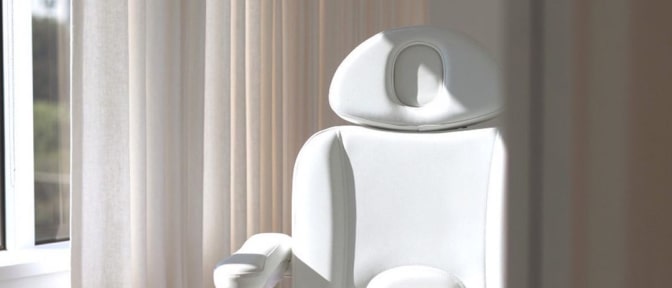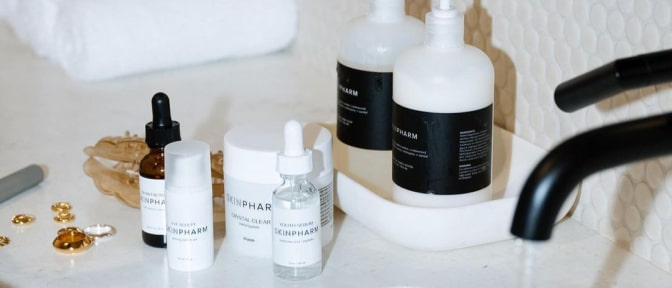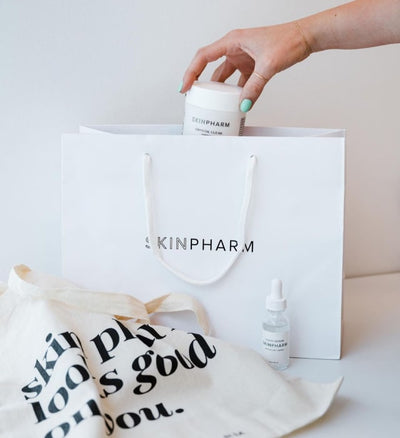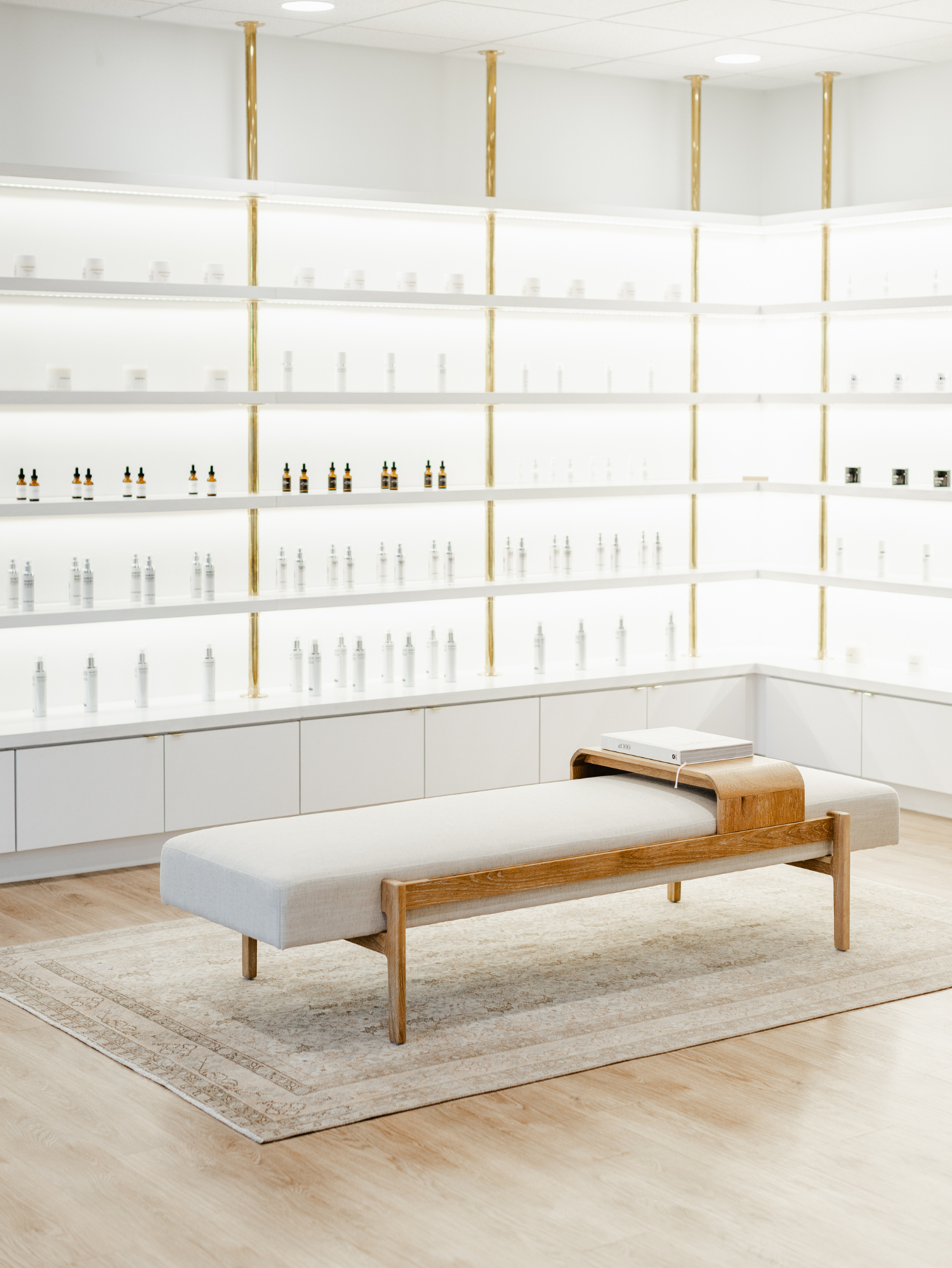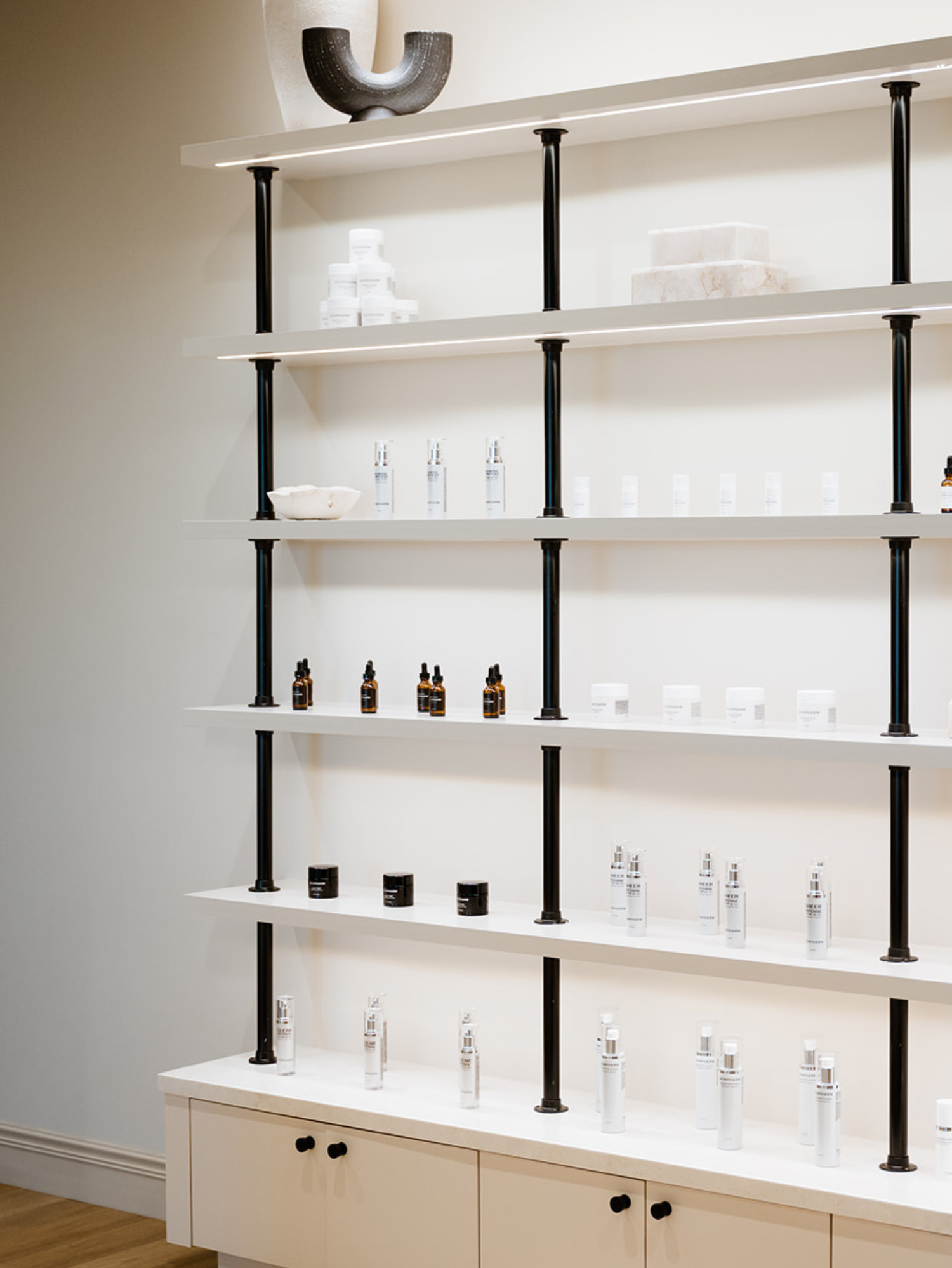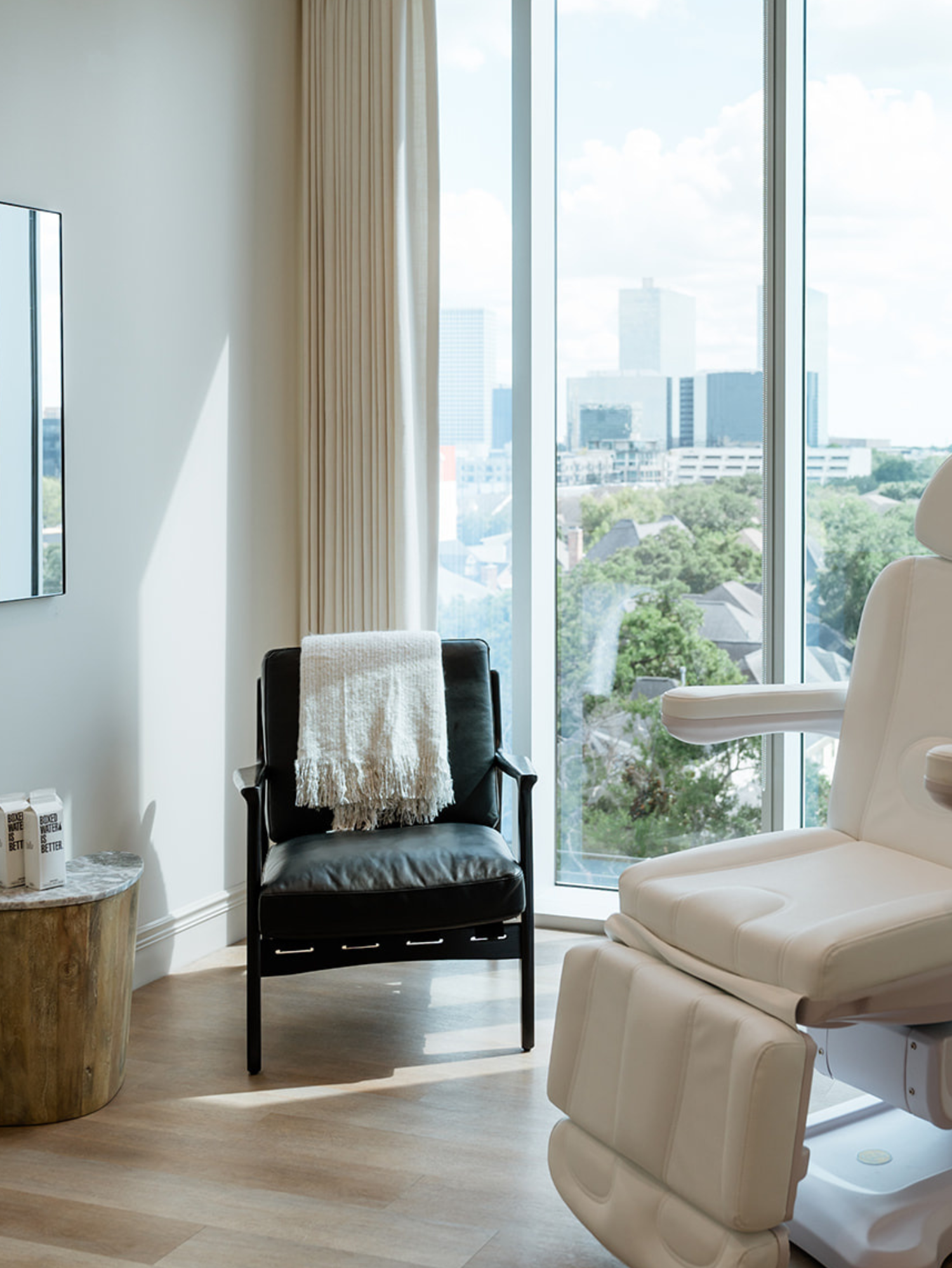Shop skin care
Clinics
VISIT OUR 9 CLINICS →
HOURS
Monday – Friday
9:30a – 5:30p
Complexion Class 02: Melasma 101

Melasma — what is it, what causes it and what’s the best way to treat it?
There’s a bit of mystery around melasma — while it affects up to 50% of people, we’re not exactly sure what causes it. What we do know is what triggers it and how to treat it. Between consistently using the right products and receiving skin care treatments like Moxi, chemical peels and microneedling with PRP, it’s possible to get those pesky, pigmented patches under control.
In today’s episode of Complexion Class, our clinical trainer and physician assistant Lauren Zaucha breaks down melasma and the must-have product she recommends to prevent it!
Watch the full episode below or read on for the recap!
What is melasma?
Melasma is a common skin condition characterized by dark, discolored patches on the skin. These patches usually crop up in areas with frequent sun exposure, including the cheeks, forehead, nose, upper lip and sometimes the neck and shoulders, too.
What causes melasma?
There’s still a lot we don’t know about what causes melasma, but we’re familiar with its triggers. First of all, it’s most commonly seen in women. Those with a family history of melasma are also more likely to experience it. Hormone changes and exposure to heat and sunlight are contributing factors, too.
What’s the best way to treat melasma?
The best way to treat melasma is to prevent it! This means choosing the right SPF and wearing it daily. If you deal with melasma, you’ll want to add a good mineral sunscreen into your skin care routine.
Mineral sunscreen works by physically blocking the sun from your skin. Since we know sun and heat exposure can make melasma worse, creating this barrier between your skin and the sun is essential!
Our 100% Mineral Tinted SPF is the perfect option for melasma prevention and care. In general, any tinted mineral sunscreen is great because the zinc in the sunscreen is unbleached.
While we don’t discriminate between sunscreen, you’ll want to steer clear of chemical SPFs if you’re prone to melasma. Chemical SPF shields the skin by converting light into heat, which can actually make melasma worse.
Curious about the differences between mineral and chemical SPF? Watch Episode 01 of Complexion Class here!
Class dismissed — follow us on Instagram and get on our list to keep up with Complexion Class!
